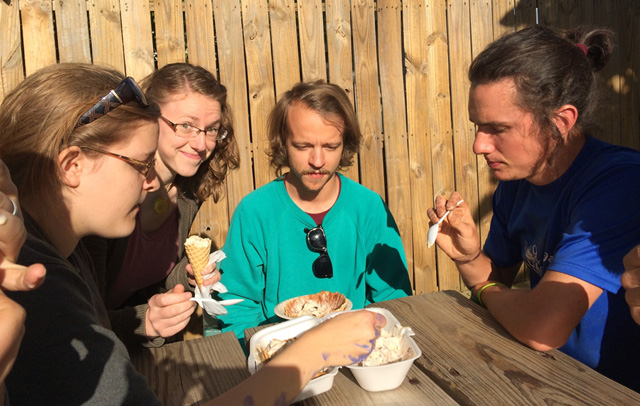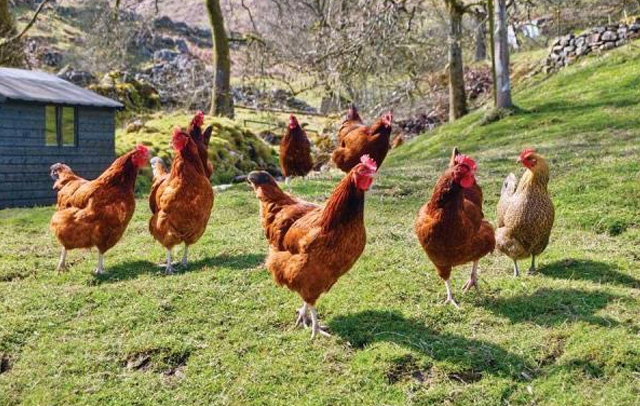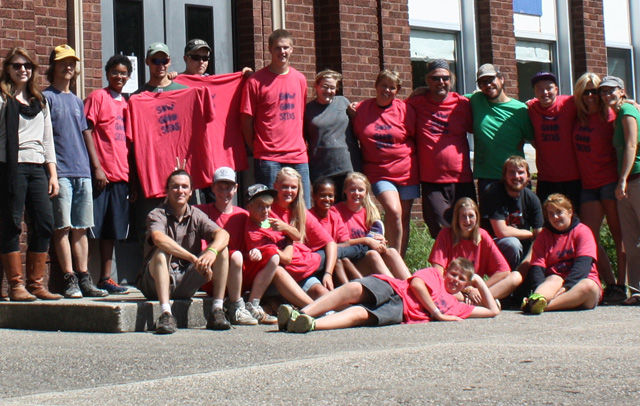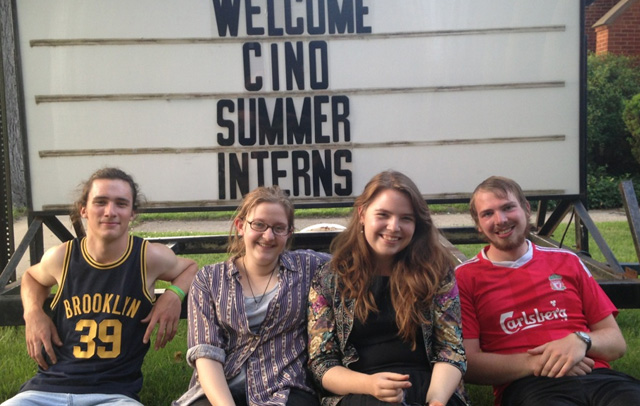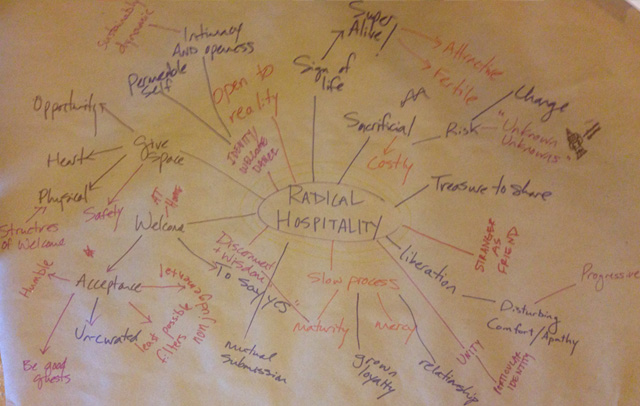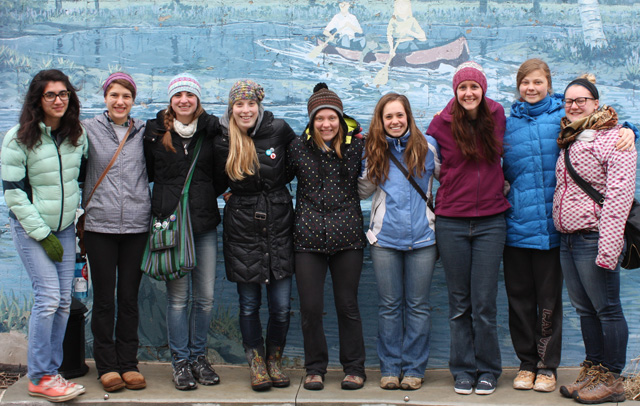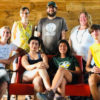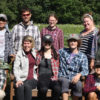We scheduled our Garden of Your Mind conversation on our ridiculous joy core value (“Be joyful though you have considered all the facts”) for the week of Future Festival intentionally. At the time we were planning the summer, it seemed like a great idea to experience this value by taking a break for ice cream in the middle of our busiest week of the summer. But during Future Festival week, when it came time to head out to Sand Lake Party Store to indulge in their insanely sized ice cream cones, it didn’t seem like such a good idea anymore. We were incredibly busy with last minute details and we were stressed out in various ways about all that needed to be completed by week’s end. Taking time off for ice cream seemed like the last thing we ought to be doing.
And then … we did go out for ice cream and we had a great time and it was exactly what we all needed. In the grand scheme of things, this is a terribly flippant example of what Wendell Berry speaks of in his “Mad Farmer Liberation Front” poem; however, if we don’t practice ridiculous joy in small things, we’ll never be prepared to do so when we desperately need joy in the middle of far more difficult experiences.

